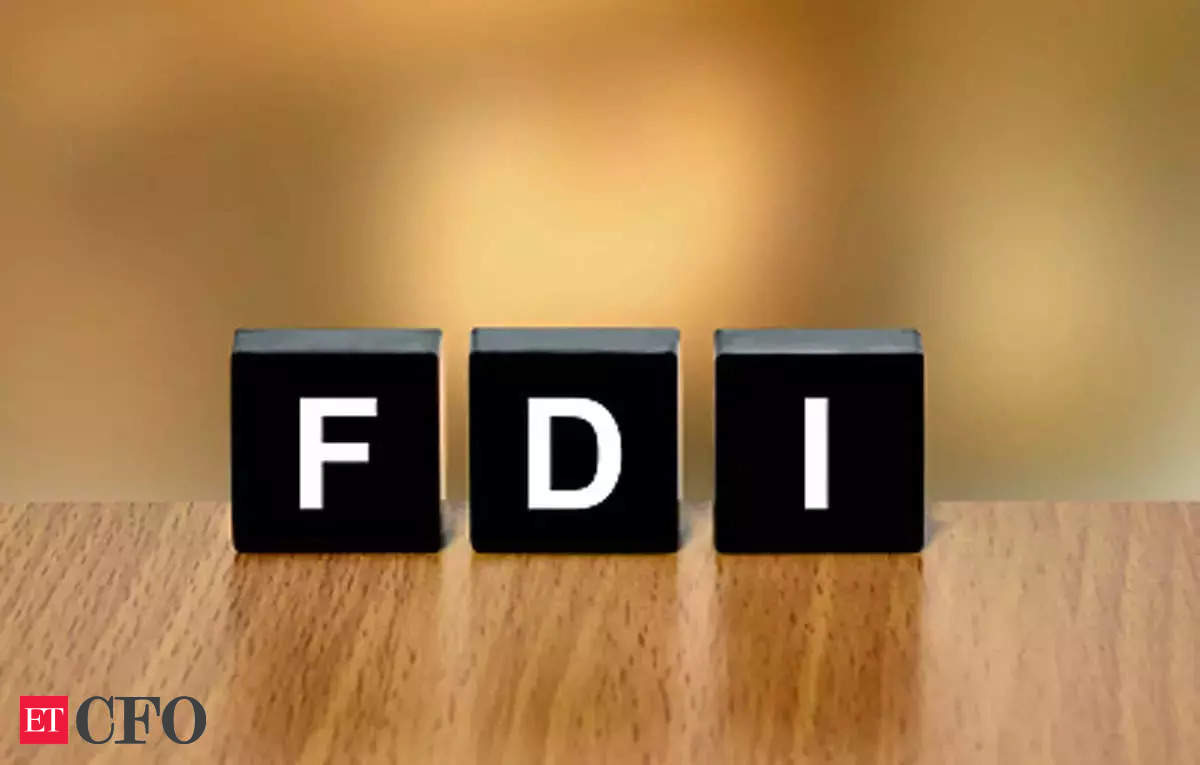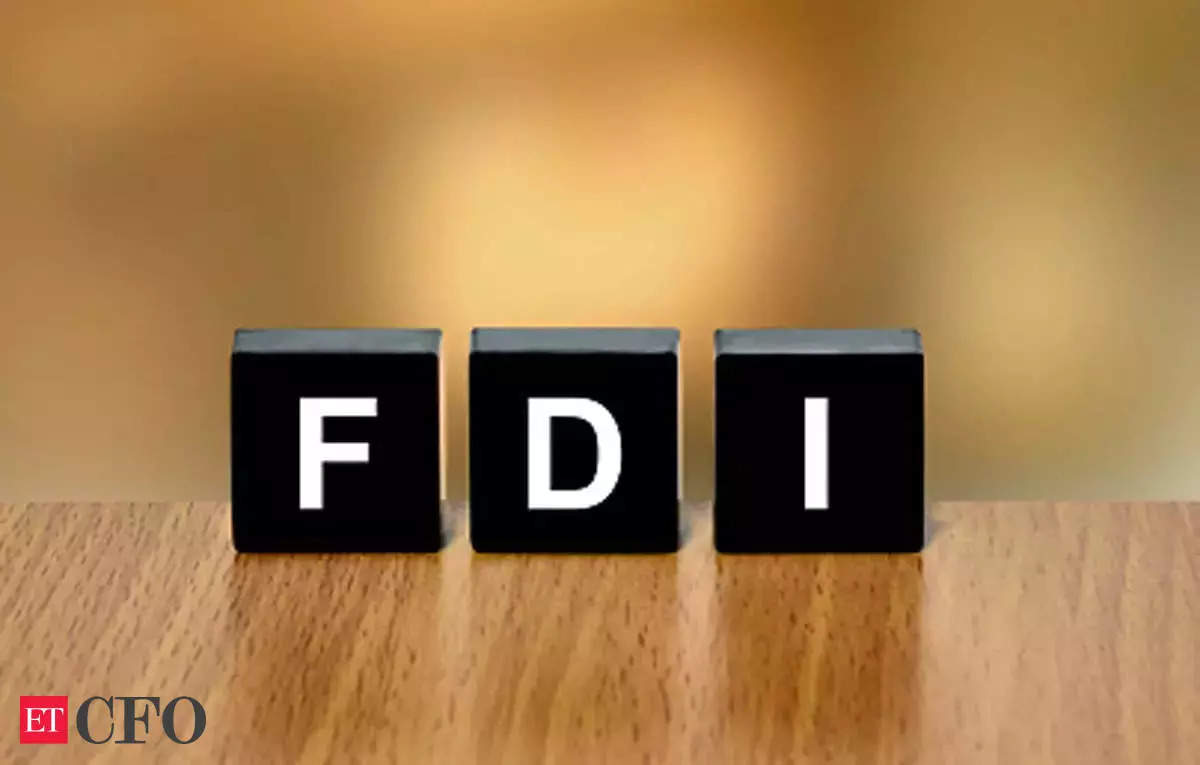
[ad_1]

Foreign Direct Investment (FDI) in India has witnessed a significant downturn, declining by 38.4% year-on-year to $15.41 billion in the first ten months of the current financial year, primarily due to increased repatriation of capital.
Data from the Reserve Bank of India’s (RBI) March 2024 bulletin indicates that FDI inflows totalled $25.53 billion, with outflows at $10.11 billion from April 2023 to January 2024. This marks a notable decrease from the $36.75 billion in inflows and $11.75 billion in outflows recorded during the same period in the previous year.
Repatriation and divestment by direct investors surged to $34 billion in the ten-month period, up from $24.99 billion in the corresponding period last year, according to RBI data.
The RBI’s monthly bulletin highlighted that key sectors such as manufacturing, computer services, electricity, financial services, and transport accounted for about two-thirds of FDI equity inflows during this period.
Singapore, Mauritius, the US, the Netherlands, Japan, and the United Arab Emirates were the primary sources of approximately 80% of equity flows into India.
Despite a global slowdown in FDI flows, India has outperformed its Asian peers, with analysts noting optimism regarding the recently signed trade and economic partnership agreement with the European Free Trade Association (EFTA). The agreement aims to attract $100 billion in FDI from EFTA over the next 15 years and generate one million direct employment opportunities.
The impediments
However, India’s ability to attract foreign investment has been hindered by bureaucratic red tape, challenges in contract enforcement, and low labour productivity. The termination of numerous bilateral investment treaties (BITs) and a shift towards protectionist trade policies have further dampened investor sentiment.
Efforts to rectify these issues include recent trade agreements with Australia, the United Arab Emirates, and the EFTA bloc. However, India’s approach to negotiations remains cautious, with an emphasis on state control and limited exposure to foreign competition.
To address declining FDI inflows, experts advocate for genuine ease of doing business reforms, including streamlining regulatory processes, expediting investment protection treaties, and allowing gradual depreciation of the rupee to incentivize exports.
Despite challenges, India’s rapid GDP growth, large population, and favourable geopolitical dynamics continue to present an attractive option for foreign investors seeking to diversify away from China. However, sustained reform efforts will be crucial to unlocking India’s full potential as an investment destination.
[ad_2]
Source link









